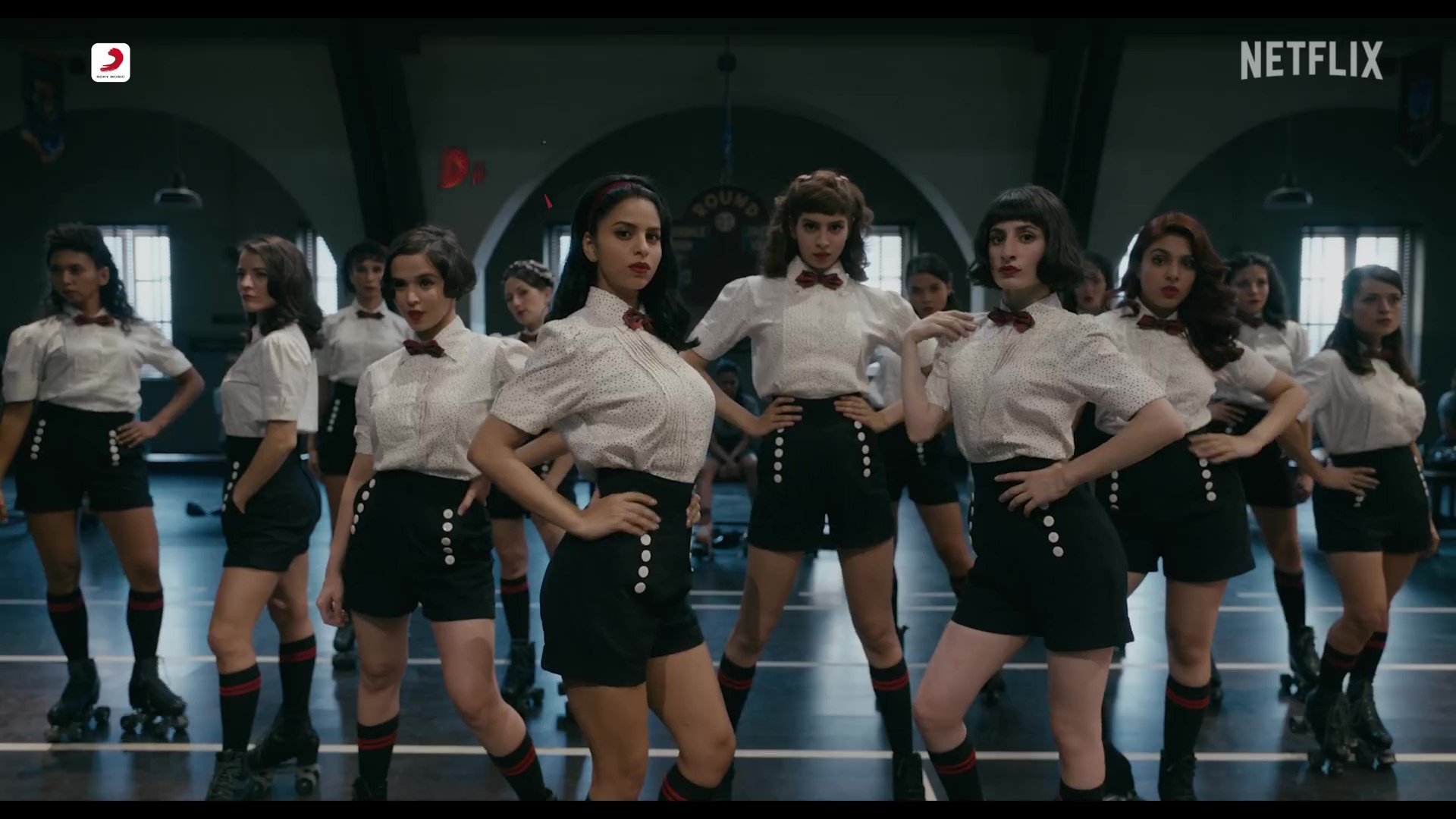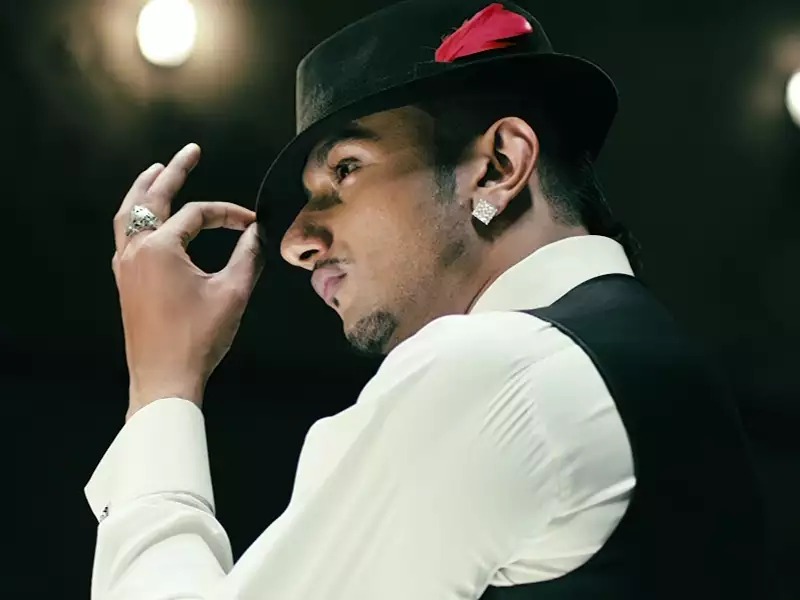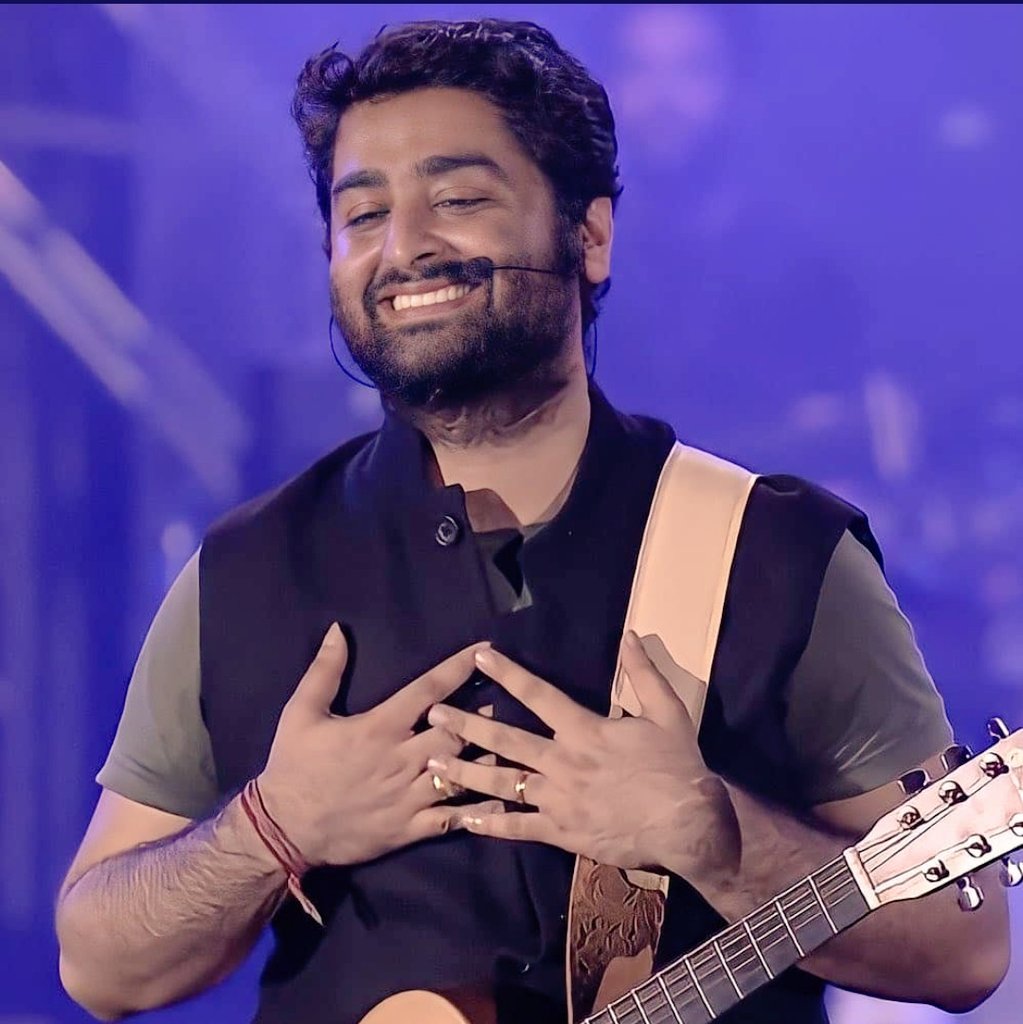MUMBAI: Zee Telefilms has done it again!
While last year, Zee Telefilms and ETC Networks were in the news for flouting intellectual property rights (IPR) of the film industry, which in turn led music giant T-Series to send a legal notice against them; now The Indian Performing Rights Society Limited (IPRS) and Phonographic Performance Limited (PPL) have secured an injunction against Zee TV from the Delhi High court.
The injunction seeks to refrain Zee TV from broadcasting programmes and shows (Sa Re Ga Ma Challenge 2007), which feature published songs and musical compositions, without obtaining prior license from IPRS and PPL for use of literary and musical works and sound recordings.
The injunction was filed on 10 July, 2007 from the Delhi High Court. This means that Zee TV will have to either stop broadcasting the show, obtain a license, or both. While the next hearing of the case in scheduled for September; Zee has to present their case and react to the injunction before the telecast of the next episode of Sa Re Ga Ma Pa Challenge, which is tomorrow (19 July).
Speaking to Businessofcinema.com on the case filed against Zee, Indian Music Industry (IMI) general secretary Savio D’souza says, “IPRS and PPL have been in discussion with Zee TV for a long time. It was only after they refused to obtain the license for use of literary and musical works and sound recordings, did we seek the legal route. Our aim was to settle things amicably but it wasn’t so. When other channels like Sony that have musical format shows like Boogie Woogie and Indian Idol acquire the license, we fail to understand why Zee refused to comply by the copyright law.â€Â< Page Break >
“Prior to this, some companies have used other companies’ IP without acquiring a license for it. However, when informed of the same, the necessary rights were acquired by them. This is the first time that we needed to take such a step,†adds D’souza.
Zee Network executive vice president Ashish Kaul says, “We have received an ex-parte order, which means that we will have to file our argument by a particular date. The issues raised by IPRS and PPL have no actual basis. The two bodies are like shops, which are selling performance rights without any standard rate cards. When we approached them for the rights of certain songs, they quoted an astronomical figure, over which we couldn’t come to a mutual agreement.”
However, D’Souza informs that IPRS and PPL have standard rate cards and the rates are the same for everyone.
Kaul adds, “Since the matter is sub-judice, I would like to have a list from IPRS and PPL stating the songs, which they feel have been infringed by us. All these developments will have no impact on the talent hunt show and it will go on as per the schedule.”
Music and dance talent shows like Sa Re Ga Ma Challenge, Boogie Woogie, Indian Idol, Amul Voice of India, Nach Baliye, Fame Gurukul and Jhalak Dikhhla Jaa amongst others extensively make use of existing compositions, lyrics and songs, belonging to IPRS and PPL.
The Copyright Act, 1957 requires all users of music (including radio and television stations) to obtain a license for public performance whenever they broadcast or perform/play these literary and musical works and sound recordings. The law requires the stations to obtain the license prior to the event/broadcast; else it is violation of the Copyright Act. However, most channels acquire the requisite permissions.
Pertinent to note here is that Zee also earns revenues in terms advertising and sponsorships etc from shows such as these. “Someone needs to ask Zee how much ad revenues they earn out of Sa Re Ga Ma Challenge. If they are charging Rs 5 lakhs per 10 seconds for an ad and have close to 200 seconds of advertising time on the show, why can’t they pay IPRS and PPL for the copyright content? It is shameful that a mammoth company like Zee, which has been in the business since forever, is evading such important matters and is setting a bad example,†says a music industry professional on condition of anonymity.< Page Break >
Reacting on the same, Ultra Music CEO Sushil Kumar Agarwal says, “We register our music with IPRS and PPL for any performance based programme. If Zee has been taken to court for infringing the copyright norms, I feel it is a step towards making the entertainment industry more organised and we should support such moves.â€Â
Most television and radio stations comply by the Copyright Act norms. Sony Entertainment Television business head Albert Almeida adds, “We have musical talent hunts shows like Indian Idol and Boogie Woogie on our channel and we make sure that permission is taken from bodies like IPRS and PPL. We have an annual contract with the said bodies.â€Â
“We take care about the copyrights. In fact we have a multi-year deal with IPRS and PPL for using the copyright content that we play on our stations,†informs BIG 92.7 FM chief operating officer Tarun Katial.
Delhi High Court’s Justice Sistani says, “I have heard learned counsel for the plaintiffs, perused the plaint application and documents and am satisfied that this is a fit case for grant of exparte and interim injunction and in case the injunction is not granted, at this stage, the plaintiffs will suffer irreparable loss. Till the next date of hearing the defendants, their servants, agents, employees are hereby restrained from causing the reproduction, broadcasting, performing or communication to the public literary, musical works and sound recordings of the plaintiffs societies or those of the foreign societies of the plaintiff no.1, without obtaining the licences from the Plaintiffs.â€Â
IPRS and PPL were represented by senior counsel Mukul Rohtagi and lawyers Praveen Anand, Ameet Datta, Himanshu Bagai and Shrawan Chopra.
(With special inputs from Ruhail Amin)




